What goes into a Simple Modular Home
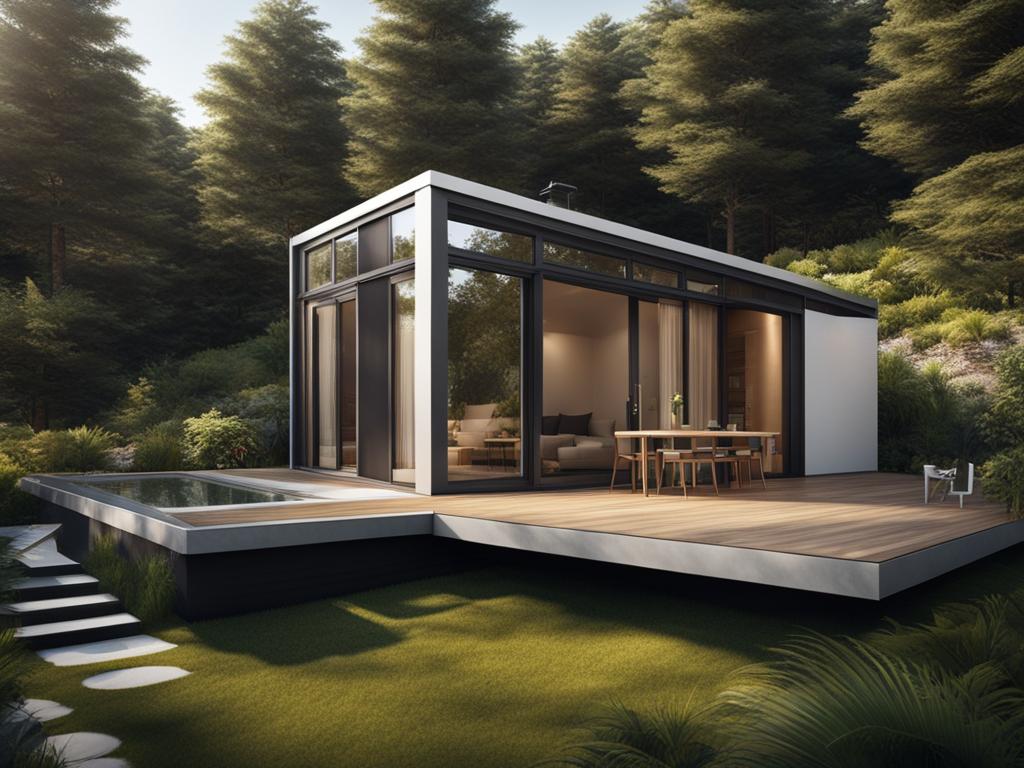
In today’s housing market, many people are seeking affordable and eco-friendly housing solutions. Simple modular homes, also known as eco-friendly prefab homes, have emerged as a popular choice. But what exactly goes into building a simple modular home?
A modular home is a prefabricated structure built in sections called modules. These modules are constructed offsite in a factory and then transported to the final location for assembly. The beauty of modular homes lies in their customizability – they can be designed to fit any style or size.
Despite being prefabricated, modular homes are built using the same high-quality materials as traditional stick-built homes. This ensures that they are sturdy and durable, providing a safe and comfortable living space for homeowners. Plus, modular homes offer significant cost savings compared to other types of houses. The efficient construction processes and bulk material purchases enable builders to pass on the savings to homebuyers.
Another advantage of simple modular homes is their faster construction time. While traditional stick-built homes can take months or even years to complete, modular homes can be finished within a shorter timeframe. On average, modular home construction takes between three to seven months, allowing homeowners to move in sooner and start enjoying their new space.
It’s worth noting that modular homes are not only affordable but also eco-friendly. The construction process generates less material waste compared to traditional construction methods. Additionally, modular homes can be designed to be energy-efficient, reducing their carbon footprint and helping homeowners save on energy costs.
In conclusion, simple modular homes offer an attractive and sustainable housing solution. With their customizability, affordability, and eco-friendliness, they are a smart choice for homebuyers in the United Kingdom.
Key Takeaways:
- Simple modular homes are prefabricated structures built in sections called modules.
- They are customizable, offering homeowners the flexibility to design their ideal living space.
- Modular homes are cost-effective due to efficient construction processes and bulk material purchases.
- Construction times for modular homes are faster compared to traditional stick-built homes.
- Modular homes are eco-friendly, with reduced material waste and energy-efficient designs.
Benefits of Building a Modular Home
When it comes to building your dream home, prefabricated modular homes offer numerous advantages over traditional stick-built houses. From cost savings to increased efficiency, there are plenty of reasons why modular housing solutions are gaining popularity among homeowners. Let’s explore the benefits of building a modular home:
- Adherence to High Industry Standards: Modular home builders follow stringent industry standards to deliver houses that are 100% code compliant and adaptable to different environments. This ensures that your modular home is built with the utmost quality and meets all necessary regulations.
- Cost-Effectiveness: Building a modular home costs less than stick-built homes. With reduced delays caused by weather changes and the ability to buy materials in bulk, modular home builders can offer competitive prices without compromising on quality.
- Shorter Construction Times: Time is of the essence when building a home. Modular homes can be completed in less time than traditional stick-built homes, with average construction times ranging from three to seven months. This means you can move into your new home sooner and start enjoying it.
- Customizable Design: Modular homes offer endless possibilities for customization. Builders work closely with homeowners to customize the layout and design to suit individual preferences and needs. Whether you’re looking for a contemporary style or a traditional aesthetic, modular homes can be tailored to your unique vision.
- Sturdy Construction: Modular homes are built to withstand harsh weather conditions. Their solid construction makes them resilient, even in the face of hurricanes and other extreme weather events. You can have peace of mind knowing that your modular home will stand strong and protect your family.
- Energy Efficiency: Efficiency is a key feature of modular homes. They can be designed to be energy-efficient, helping you save on utility bills while reducing your carbon footprint. With sustainable features and modern insulation systems, modular homes are an environmentally friendly housing solution.
- Reduced Costs: Building a modular home eliminates the need for an architect fee and reduces general contractor fees, permit fees, and labor costs. By streamlining the construction process, modular home builders can pass on the cost savings to homeowners, making modular homes an affordable option.
With prefabricated modular homes and efficient prefab houses, building your dream home becomes a hassle-free experience. Enjoy the benefits of cost savings, faster construction times, and a home that can be customized to your exact specifications. Reach out to reputable modular home builders who can guide you through the process and help bring your vision to life. Take a step towards creating the home you’ve always dreamed of.
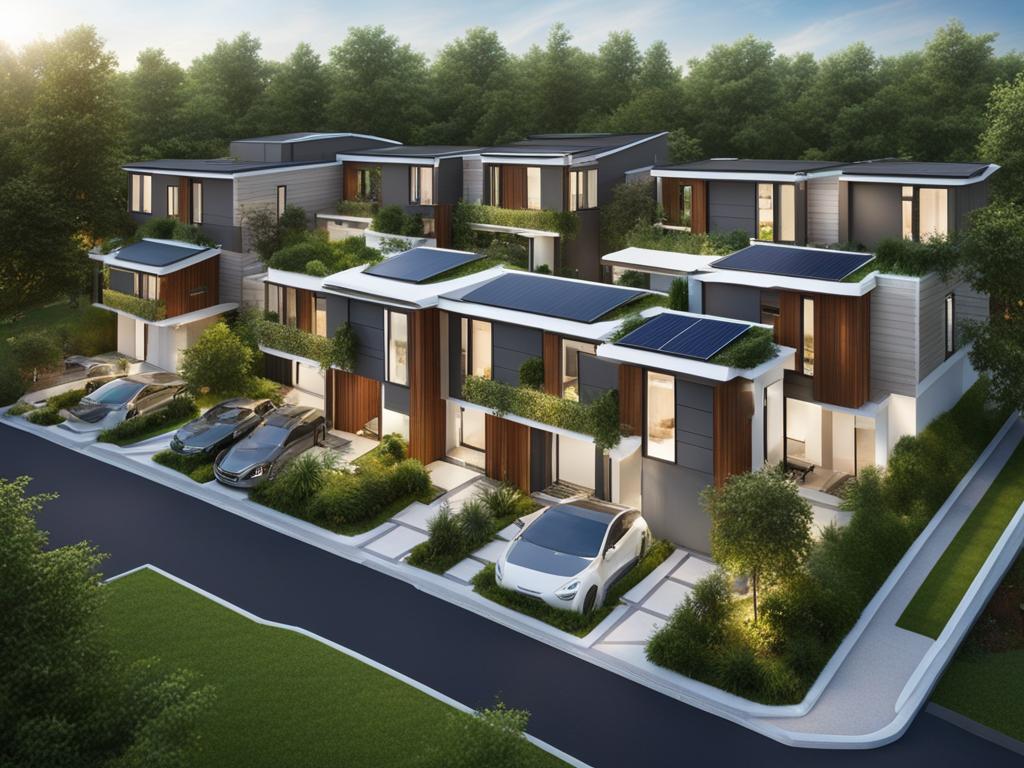
The Process of Building a Modular Home
Building your dream home can be an exciting journey, and modular homes offer a streamlined and efficient process. From planning and design to assembly and finishing touches, modular home builders ensure a smooth experience and a high-quality end result.
1. Planning and Budgeting
The process begins with careful planning and budgeting. This includes choosing reputable modular home builders, discussing your requirements, and obtaining the necessary insurance coverage. By working closely with professionals in the industry, you can ensure that your vision for a modern and sustainable modular home is brought to life.
2. Site Preparations
Once the planning is complete, it’s time to prepare the site for construction. This involves tasks such as clearing trees, constructing the foundation, and if necessary, demolishing existing structures. By thoroughly preparing the site, you create a solid base for your modular home and ensure its long-term stability.
3. Permits and Approvals
Before construction can begin, it is essential to obtain the necessary permits and approvals. This includes submitting site plans and obtaining building permits from local authorities. By adhering to building codes and regulations, modular home builders ensure compliance and a safe living environment for homeowners.
4. Design Phase
The design phase is an exciting opportunity to work closely with the builder and customize your modular home to meet your specific requirements. Whether you envision a contemporary or traditional design, the builder will collaborate with you to create a home that reflects your style and preferences.
5. Offsite Construction
While site preparations are underway, the actual construction of your modular home takes place offsite in a factory. Skilled craftsmen fabricate the modules using high-quality materials, ensuring precision and efficiency. This controlled environment allows for better quality control and faster construction times.
6. Assembly and Finishing Touches
Once the modules are constructed, they are transported to the construction site and assembled on a prepared foundation. This process is typically quicker than traditional stick-built homes. After assembly, the finishing touches, including interior and exterior fixtures, are completed to bring your modular home to life.
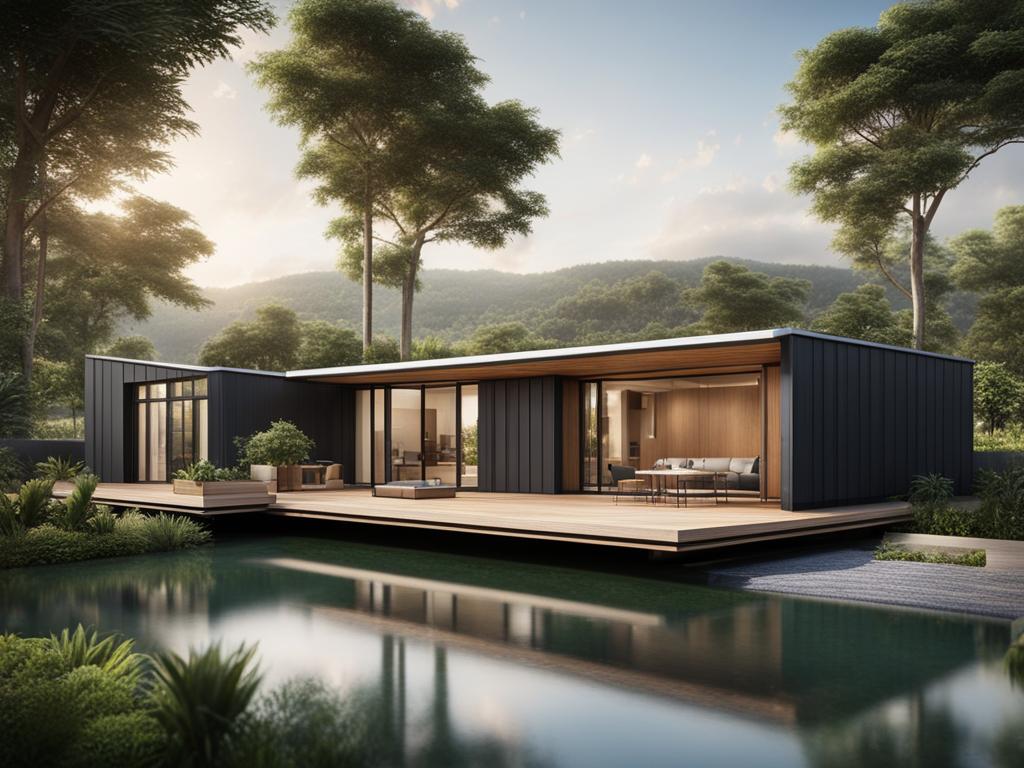
7. Inspections and Compliance
Before you can move into your new home, it must pass inspections by local authorities. These inspections ensure that the modular home meets all the required building codes and regulations. The thoroughness of these inspections ensures your home’s safety and compliance.
By choosing modular home builders, you can enjoy a smooth and efficient process from start to finish. Modern modular homes offer a sustainable and cost-effective solution for homeowners looking to create their dream home.
Why Modular Homes are Cost-Effective
Modular homes offer a cost-effective solution for those looking for affordable housing options. Compared to traditional stick-built homes, modular homes are more budget-friendly due to reduced labor costs and minimal weather-related delays. The efficient construction processes involved in building modular homes result in significant cost savings.
- Customizations can be included in the overall price of the modular home, eliminating additional installation fees. Whether it’s adding extra rooms, upgrading fixtures, or choosing specific finishes, homeowners can tailor their modular homes to their preferences without incurring additional charges.
- Modular home builders follow a formulaic approach to construction, which minimizes waste and optimizes material usage. By utilizing prefabricated modules and efficient manufacturing techniques, builders can reduce material costs and pass those savings on to homebuyers.
- Avoiding architect fees and general contractor fees further contributes to the overall cost-effectiveness of modular homes. With modular homes, the design process is often streamlined, eliminating the need for expensive architectural services. Additionally, the modular home builder oversees the entire construction process, minimizing the need for a general contractor.
- Low permit fees and simplified construction processes are additional factors that make modular homes cost-effective. Since modular homes are built offsite in a factory, the required permits are typically more straightforward and less expensive compared to those needed for traditional onsite construction.
- Modular homes offer long-term cost savings through energy-efficient designs and sustainable materials. These homes are built with eco-friendly prefab materials and can be customized to incorporate energy-efficient features such as solar panels, efficient insulation, and smart home technology. This sustainability not only reduces the environmental impact but also results in lower utility bills for homeowners.
Overall, modular homes provide an affordable housing solution without compromising on quality or style. Their cost-effectiveness, coupled with the ability to customize and incorporate eco-friendly features, makes modular homes an excellent choice for those seeking affordable and environmentally conscious living options.
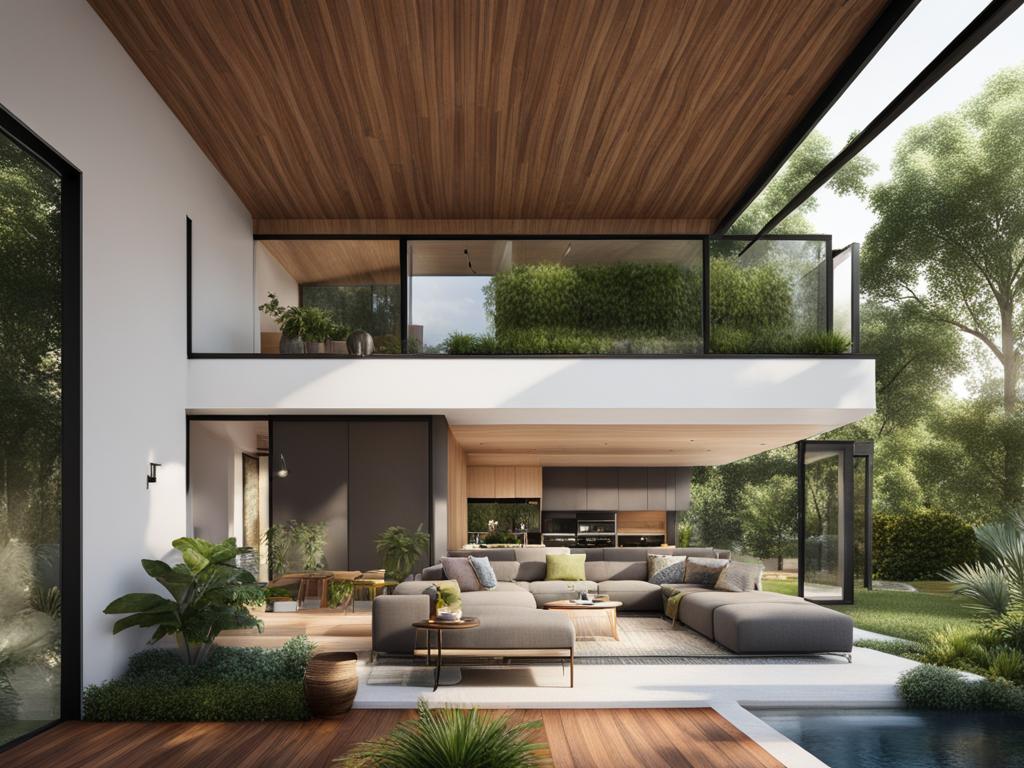
Conclusion
Simple modular homes offer a practical and efficient housing solution for homebuyers in the UK. With their customizable designs, cost savings, and faster construction times, modular homes are becoming increasingly popular.
Builders of modular homes adhere to high industry standards to deliver quality homes that can withstand extreme weather conditions. These homes offer the same aesthetic appeal as traditional stick-built homes, ensuring that homeowners don’t have to compromise on style.
Moreover, modular homes are not only functional but also environmentally friendly. With energy-efficient designs and a range of sustainable options available, they help homeowners reduce their carbon footprint and live in an eco-friendly dwelling.
If you’re considering a new home, modular housing solutions provided by reputable modular home builders in the UK are definitely worth exploring. From simple customization to efficient construction, these homes offer a winning combination of affordability, quality, and sustainability.
FAQ
What is a modular home?
A modular home is a prefabricated structure built in sections called modules. These modules are constructed offsite in a factory and then transported to the final location for assembly.
Are modular homes customizable?
Yes, modular homes are customizable and can be designed to fit any style or size. Builders can customize the layout and design to suit individual preferences and needs.
How long does it take to build a modular home?
The construction of modular homes is faster than traditional stick-built homes, with average project completion times ranging from three to seven months.
Are modular homes environmentally friendly?
Yes, modular homes are considered to be environmentally friendly due to reduced material waste and energy-efficient designs.
Can modular homes withstand harsh weather conditions?
Yes, modular homes can withstand harsh weather conditions, including hurricanes, due to their sturdy construction.
Why are modular homes cost-effective?
Building a modular home costs less than stick-built homes due to reduced delays caused by weather changes and the ability to buy materials in bulk. Modular homes also eliminate the need for architect fees and reduce general contractor fees, permit fees, and labor costs.
How are modular homes built?
The building process of a modular home begins with planning and budgeting, including choosing contractors and obtaining insurance. Site preparations are then completed, followed by the construction of the modular home in a factory offsite. Once the modules are transported to the construction site, they are assembled on a prepared foundation. Finishing touches are then added to complete the home.
Are modular homes code compliant?
Yes, modular home builders adhere to high industry standards to deliver houses that are 100% code compliant and adaptable to different environments. Modular homes must also pass inspections by local authorities to ensure they meet building codes and regulations.

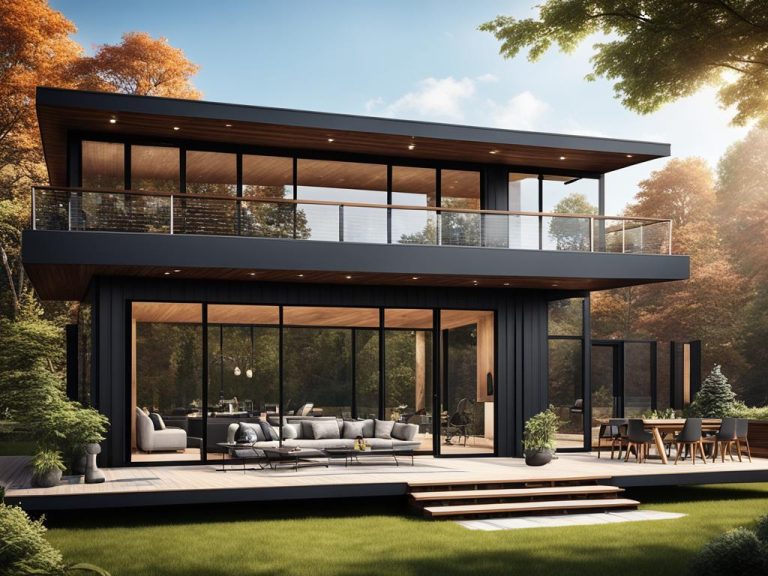

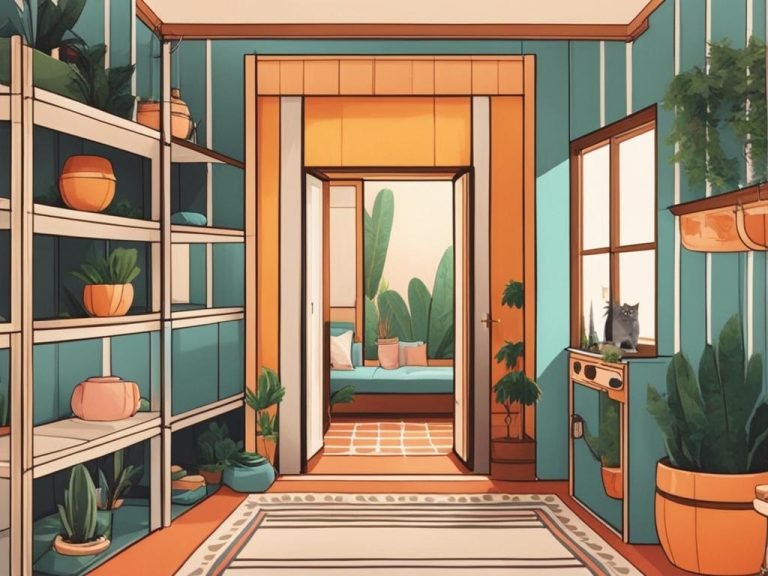
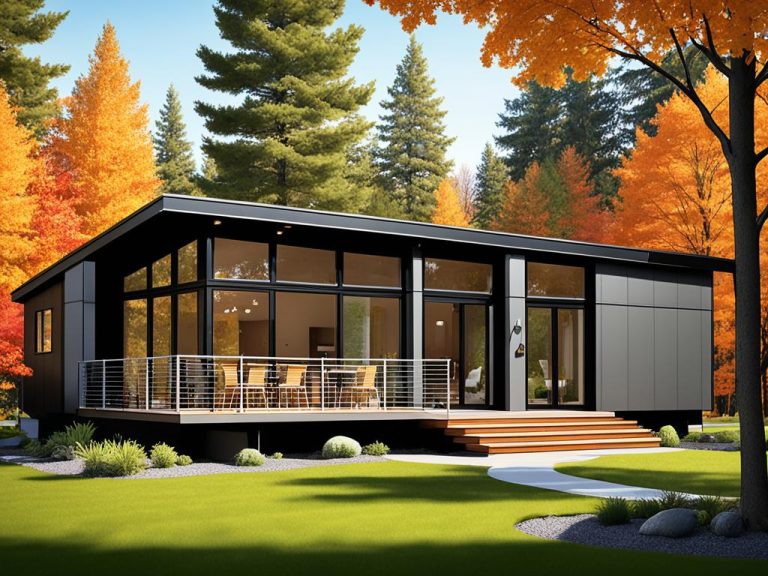
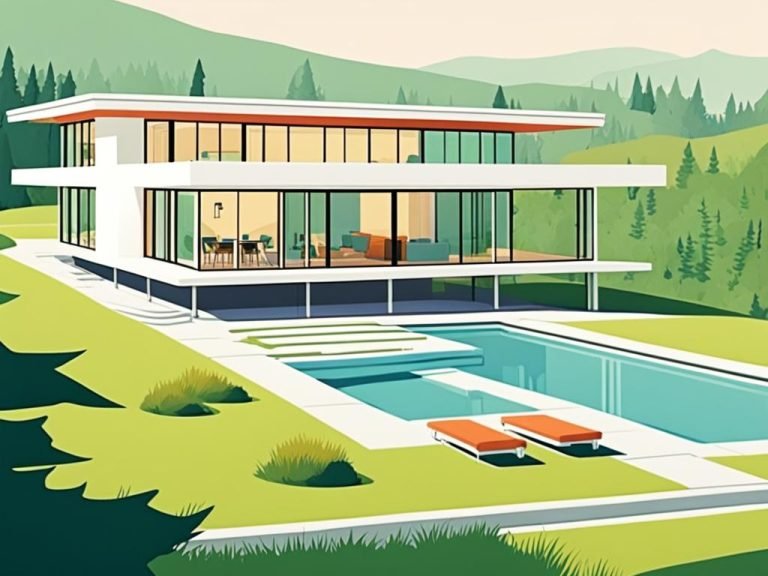
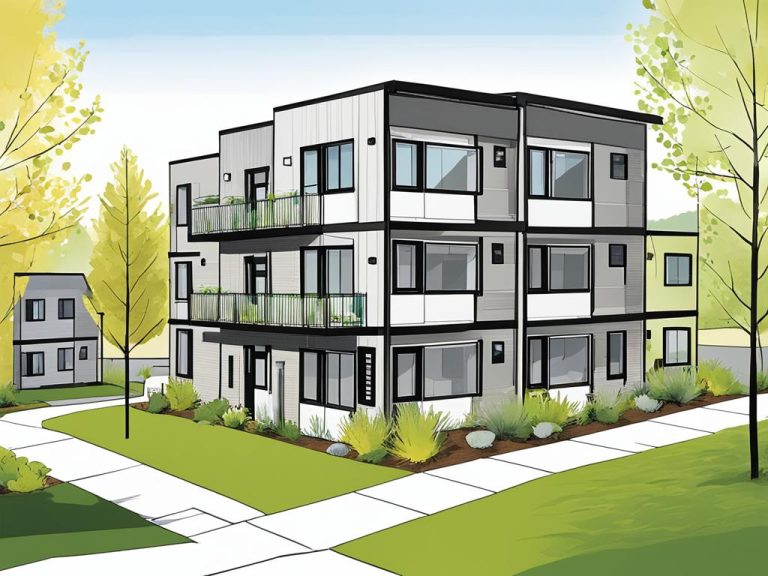
priligy tablets price A 50 Ојl aliquot of the supernatant was injected into the HPLC system
I got good info from your blog
I’ll immediately snatch your rss feed as I can not in finding your e-mail subscription link or e-newsletter service. Do you’ve any? Kindly permit me recognise so that I may subscribe. Thanks.
Very interesting information!Perfect just what I was looking for! “The only gift is a portion of thyself.” by Ralph Waldo Emerson.